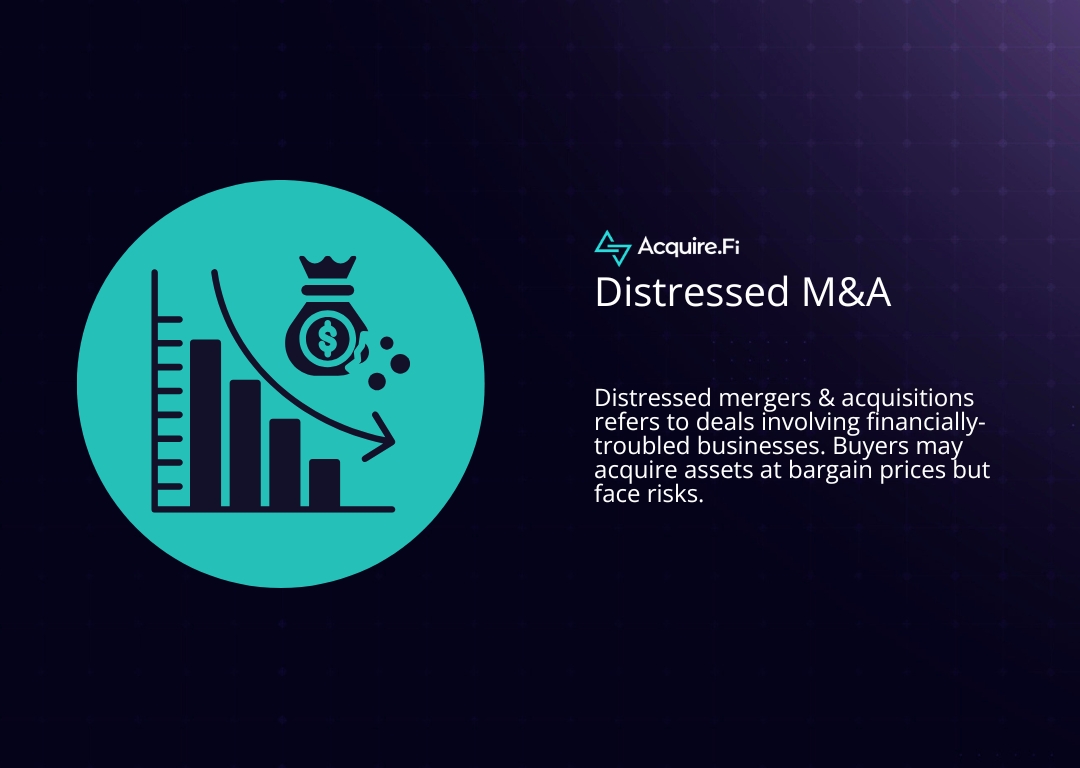Private Equity Guide to Making Smart Investment
Unveiling the Benefits, Types, and Risks Associated with Private Equity Investments
Private equity has garnered significant attention in recent years, as investors seek long-term growth opportunities with the potential for higher returns and portfolio diversification. This article delves into the world of private equity, discussing its benefits, various investment types, and the critical role of private equity firms, while also addressing the associated risks and challenges.
Understanding Private Equity Investments
Private equity investments involve funds that are invested in privately-held businesses, as opposed to publicly-listed companies. Private equity firms raise capital from institutional and high net worth individual investors, acquiring equity ownership in exchange. The typical holding period ranges from three to ten years, during which the private equity firm collaborates with the management team to enhance profitability and operational efficiency. The goal is to sell the business at a higher valuation, generating profit for the investors.
Private equity firms excel at identifying promising companies with significant growth and profitability potential. By leveraging their knowledge and expertise, they assist these companies in achieving their objectives and realizing their full potential.
Types of Private Equity Investments
There are various private equity investment categories, each with unique characteristics and strategies:
- Venture Capital: Funds invested in early-stage companies with innovative technologies or products yet to be proven in the market. These investments are high-risk, high-reward opportunities.
- Growth Equity: Funds invested in more established companies with a proven track record and room for growth. These investments are typically less risky than venture capital but offer the potential for significant returns.
- Buyout Funds: Focus on acquiring established businesses, often with the intent to restructure and improve profitability before selling. These investments require a higher degree of operational expertise and are often less risky than venture capital or growth equity investments.
The Role of Private Equity Firms
Private equity firms are becoming advisors to private companies by providing operational, financial, and strategic expertise. Their support accelerates company growth and development, while their access to a vast network of industry connections and resources contributes to the success of the companies they invest in.
These firms take an active role in managing their investments, working closely with management teams to develop and execute growth and profitability strategies. They may also offer financial support, such as loans or lines of credit.
The Advantages of Private Equity Investments
Private equity investments have gained popularity due to their potential for higher returns and diversification benefits.
Key advantages include:
- Potential for Higher Returns: Private equity investments can generate higher returns compared to traditional investments, as they focus on long-term growth with higher risk tolerance.
- Diversification of Portfolio: Private equity investments provide exposure to different industries and geographies not available through traditional investments, reducing volatility and risk.
- Access to Expertise and Resources: Private equity firms offer industry connections, resources, and expertise that can help companies grow through new business opportunities or improved operational efficiencies.
- Long-term Investment Horizon: Private equity investments are long-term, typically with a holding period of three to ten years, offering stability and the opportunity to compound returns over time.
Assessing the Risks and Challenges
While private equity investments can be lucrative, there are inherent risks and challenges to consider:
- Higher Degree of Risk: The success of private equity investments largely depends on the performance of the invested company, which carries a higher degree of risk.
- Long-term Commitment: Investors must be prepared for a long-term investment horizon, which may not align with all investment goals or risk tolerances.
In the end
Private equity investments offer numerous advantages, including higher returns, diversification benefits, access to expertise and resources, and a long-term investment horizon.
If you're looking into a bigger investment than private equities, you might want to see the businesses being sold in the Acquire.Fi Marketplace or invest into OTCs and Secondaries.













.webp)